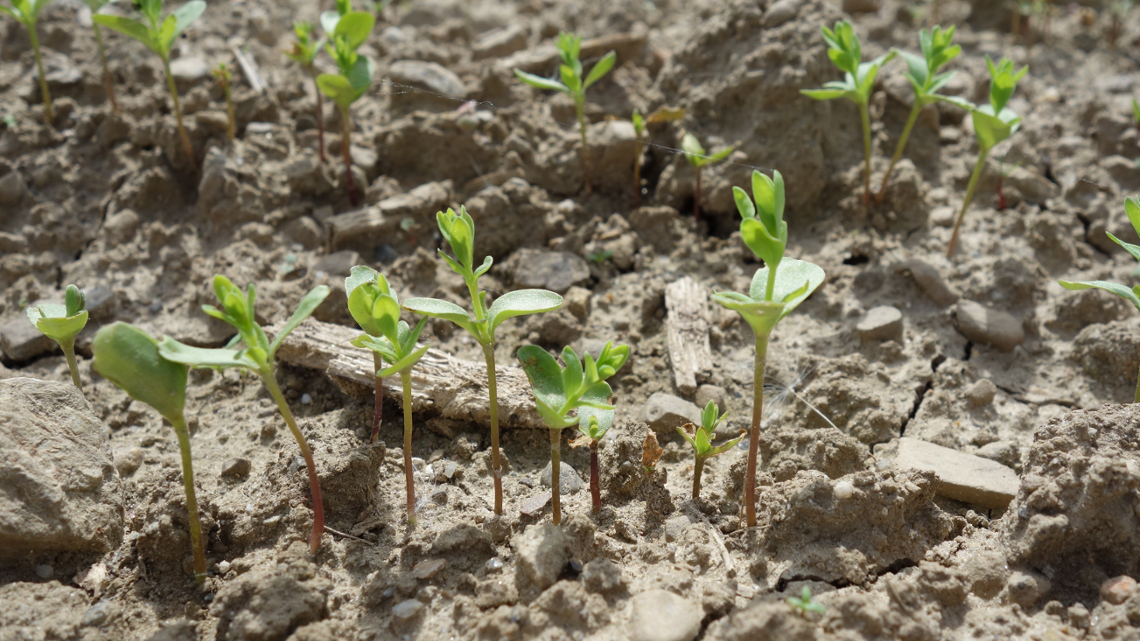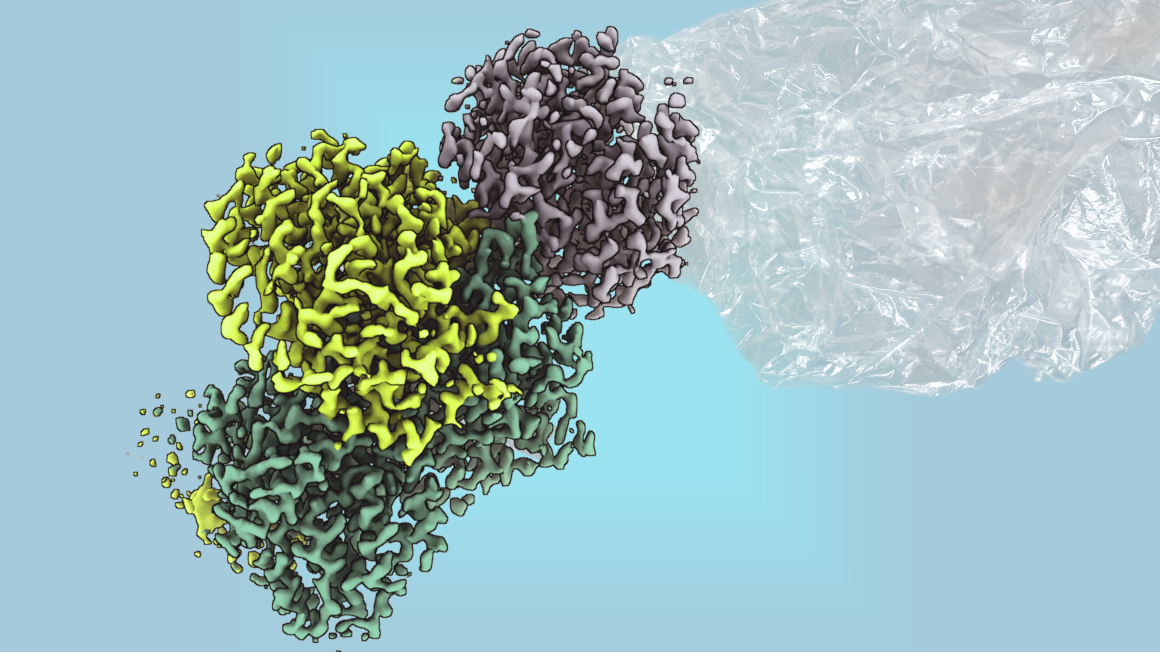DFG funds microbial and plant research
The Deutsche Forschungsgemeinschaft (DFG, German Research Foundation) is funding 13 new collaborative research centers at universities with a total of 166 million euros - including two on the bioeconomy.

The DFG has been supporting cutting-edge research at German universities for years. In the coming year, more than a dozen new collaborations will again be funded: The research organization is making a total of 166 million euros available for 13 Collaborative Research Centers (CRCs), initially for the next four years. Bioeconomy research will also benefit from the millions in funding.
Understanding microbial networking
A team led by Michael Feldbrügge from Heinrich Heine University Düsseldorf (HHU) has secured funding to study the complex community of microorganisms known as the microbial network (MibiNet). "MibiNet aims to understand microbial networks in their comprehensive complexity in order to gain important insights into the evolution of organelles as well as the function of microbiomes," explains Michael Feldbrügge.
Titled "Microbial networks - from organelles to cross-kingdom communities", they will analyze the evolution of organelles and the spatial structure and dynamics of microbial networks and central metabolic pathways. Modern techniques will be used to study microbial communities from the level of intracellular interactions between organelles or endosymbionts and their host cell to the intercellular relationships in microbial networks. This way, the team hopes to gain fundamental insights that will enable the targeted manipulation of microbial interactions in the future. Such results, says the DFG, "would be of great importance in the search for solutions in the fields of health, nutrition and ecosystems."
The project comprises a total of twelve research groups. It involves the RWTH Aachen University, the University of Bielefeld, the University of Cologne and the Max Planck Institute for Plant Breeding Research in Cologne. The DFG is funding the research work with a total of around 11 million euros.
Exploring the interaction of plants and microbes
Martin Parniske's team at LMU Munich, which is dedicated to plant health and specifically to the interaction between plants and microbes, is also being funded. The Collaborative Research Center/Transregio "Genetic Diversity Shaping Biotic Interactions of Plants (PlantMicrobe)" aims to investigate a broad spectrum of basic science questions that illuminate all facets of plant-microbe interactions, focusing on both symbiosis and pathogenesis. At the interface of plant sciences and microbiology, modern approaches from biochemistry, genetics and comparative omics analyses will be used to gain insights that will help to improve plant health and thus plant productivity in the long term through the optimal use of natural mechanisms. The DFG is funding the research with a total of 6.5 million euros. In addition to the LMU, the TU Munich and the University of Tübingen are also involved.
bb


